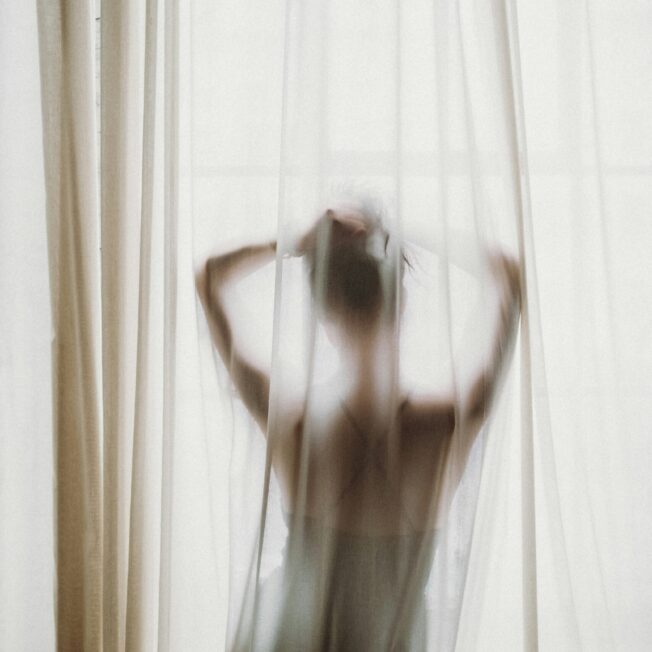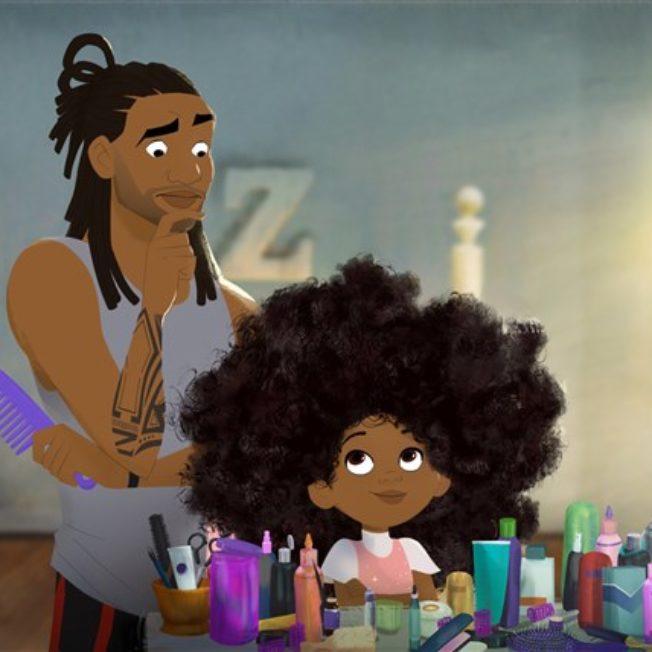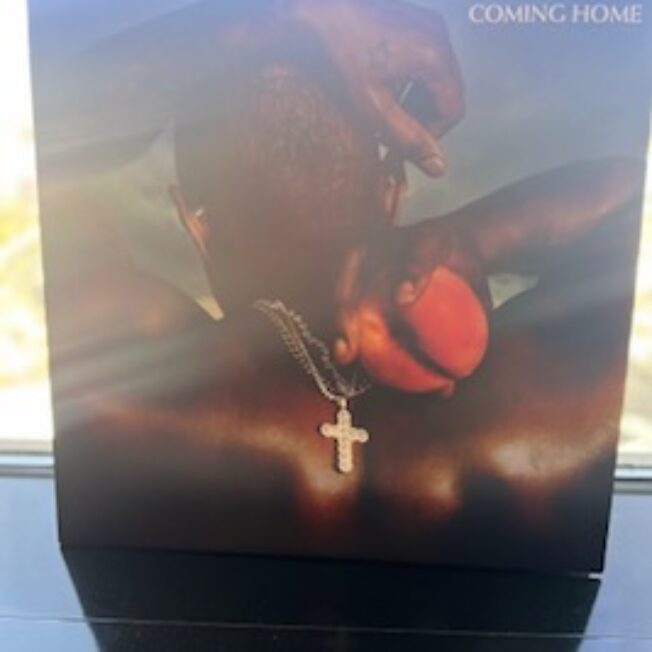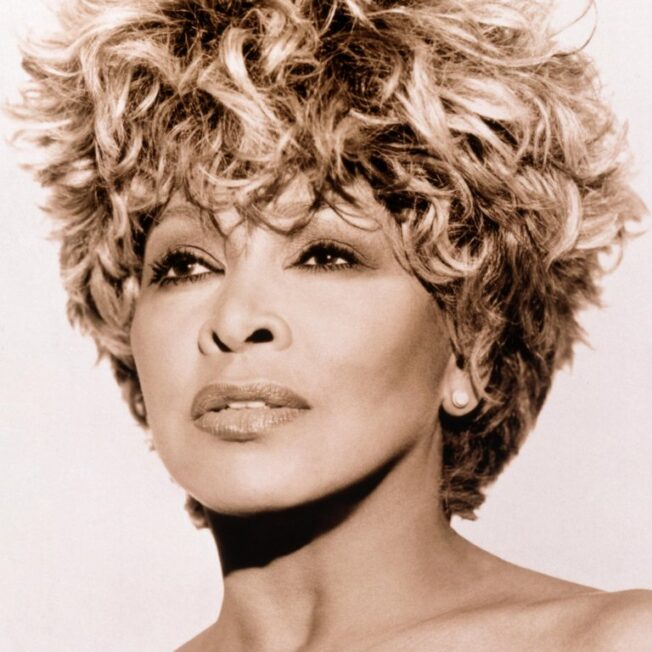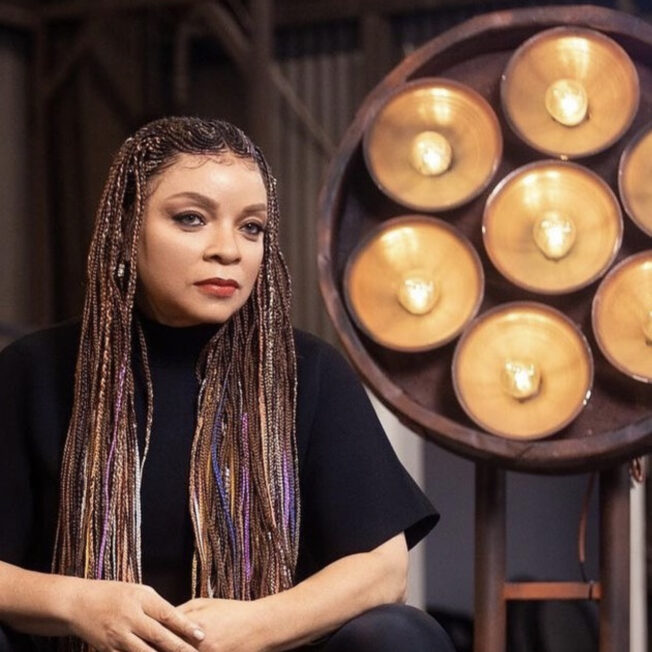Amid the lack of diversity in the nominated pictures at this year’s Academy Awards ceremony, “Hair Love” stands out as a small sliver of representation at the massive award show. The seven-minute short film was nominated for Best Animated Short Film at the 92nd annual Oscars, following the story of a black father attempting to style his daughter’s natural hair for the first time.
It all started from an idea pitched by NFL wide-receiver, Matthew A. Cherry. The former football star turned filmmaker was inspired by a social media trend of black fathers styling their daughter’s hair. From there, Cherry launched a Kickstarer campaign with a goal of $75,000 in 2017, eventually surpassed to over $200,000 when it was picked up by Sony Pictures Animation with a bonus book adaptation.
The film, written and directed by Cherry and featuring Issa Rae as the voice of the mother, centers on a black father as he attempts to style his daughter’s naturally curly hair for the first time before a big day marked off on her calendar. The short animation starts with the daughter, Zuri, looking at videos of hair styling tutorials from her mom’s channel, aptly named Hair Love. Zuri attempts to style her hair in buns solo, but the result doesn’t turn out as planned and her failed attempt is spotted by her father, Stephen. His first attempt to cover his daughter’s curls with a hat after getting overwhelmed by the array of styling products in front of him is thwarted by Zuri, leaving him no other choice but to learn how to style it himself and embark on a battle with her curls.
The story tackles the universal topic of father-daughter bonding through multiple layers while adding its own rich representation. With hair as its central theme, it explores the touching nature of a modern-day-father learning how to style his daughter’s textured hair to bring them closer together in a time of need while also emphasizing the notion that hair does not necessarily equate beauty and strength.
Pearl Low, a Vancouver based artists who worked on the film due to its relatable themes, told CBC that the film works because people “crave this kind of storytelling.”
“It’s about Black fathers being present, being involved with their children and doing their daughters’ hair, and because [the videos] were going viral, he [Cherry] was like, ‘I think the people want to see more representation,’” she said. “I really feel like a lot of people might not have considered, you know, a story about a black family relatable to the masses, but you watch it and you could find yourself in it.”
Cherry discussed the film at large with Deadline, noting its initial inspiration from the social media trend and the creative process, all while delving deeper into the nitty-gritty details on how he and his team made it happen.
“Obviously the videos were cute, but we came to find out that people didn’t really see Black men doing stuff like this,” he explained, referring to the viral videos of black fathers styling their daughter’s hair on the internet. “It felt like an anomaly to a lot of people. For me, I’m not a father yet, but I have a lot of friends that are fathers that would literally do whatever for their kids—paint the nails, do a tea party, do their hair, whatever needs to be done. We just really wanted to represent for that modern-day father who is more involved, and really will do whatever for their kid.”





